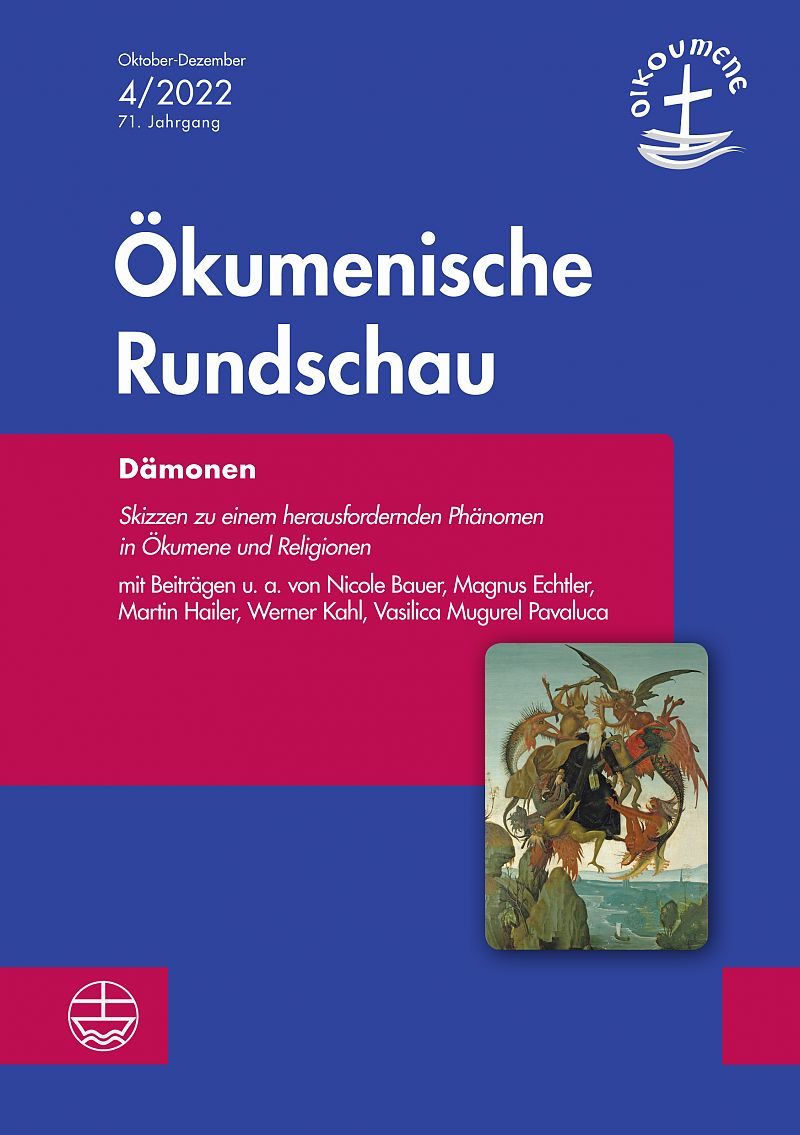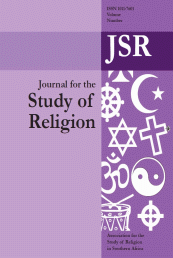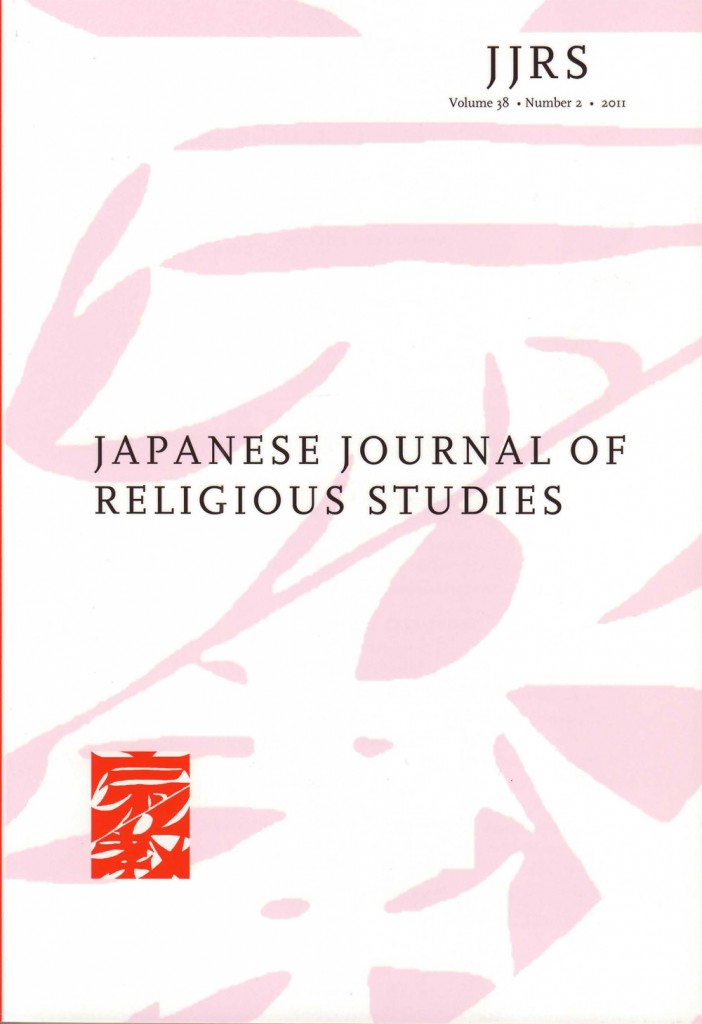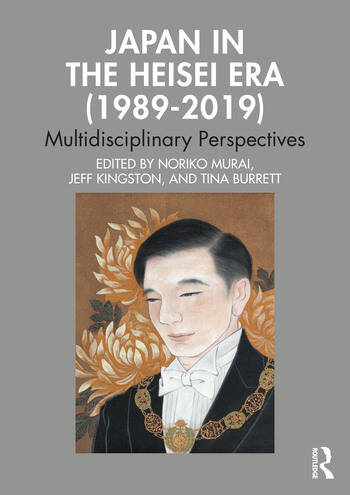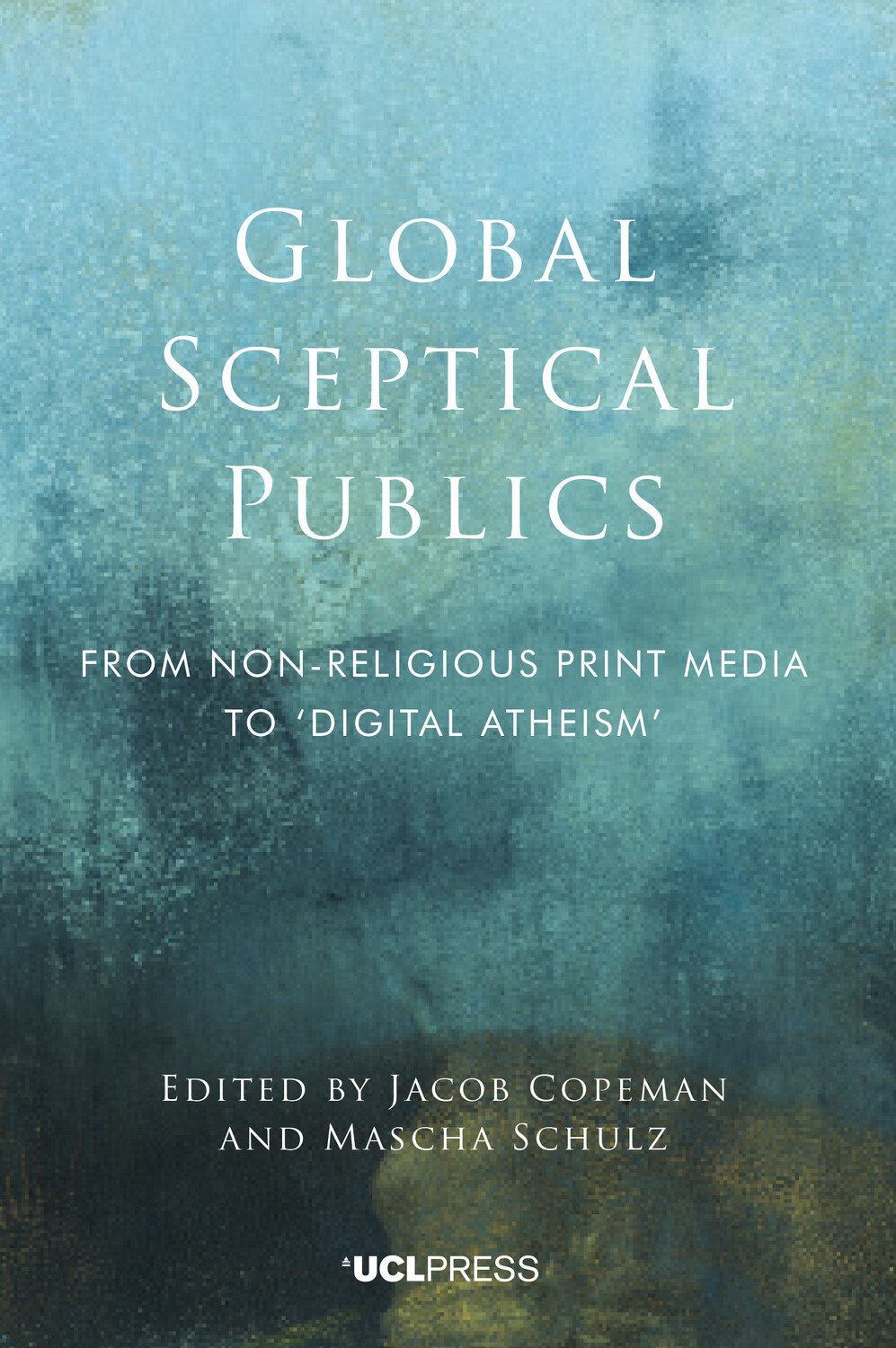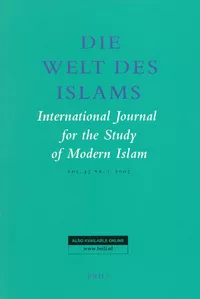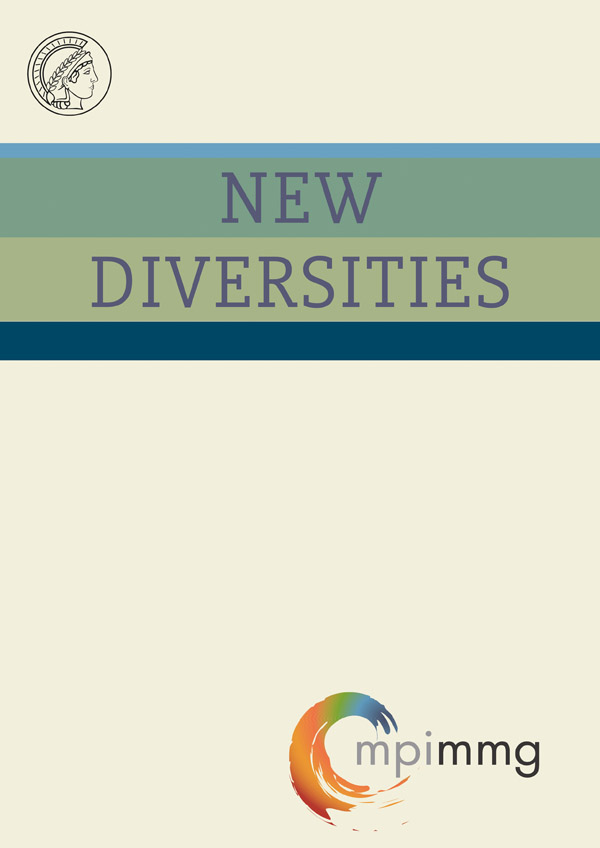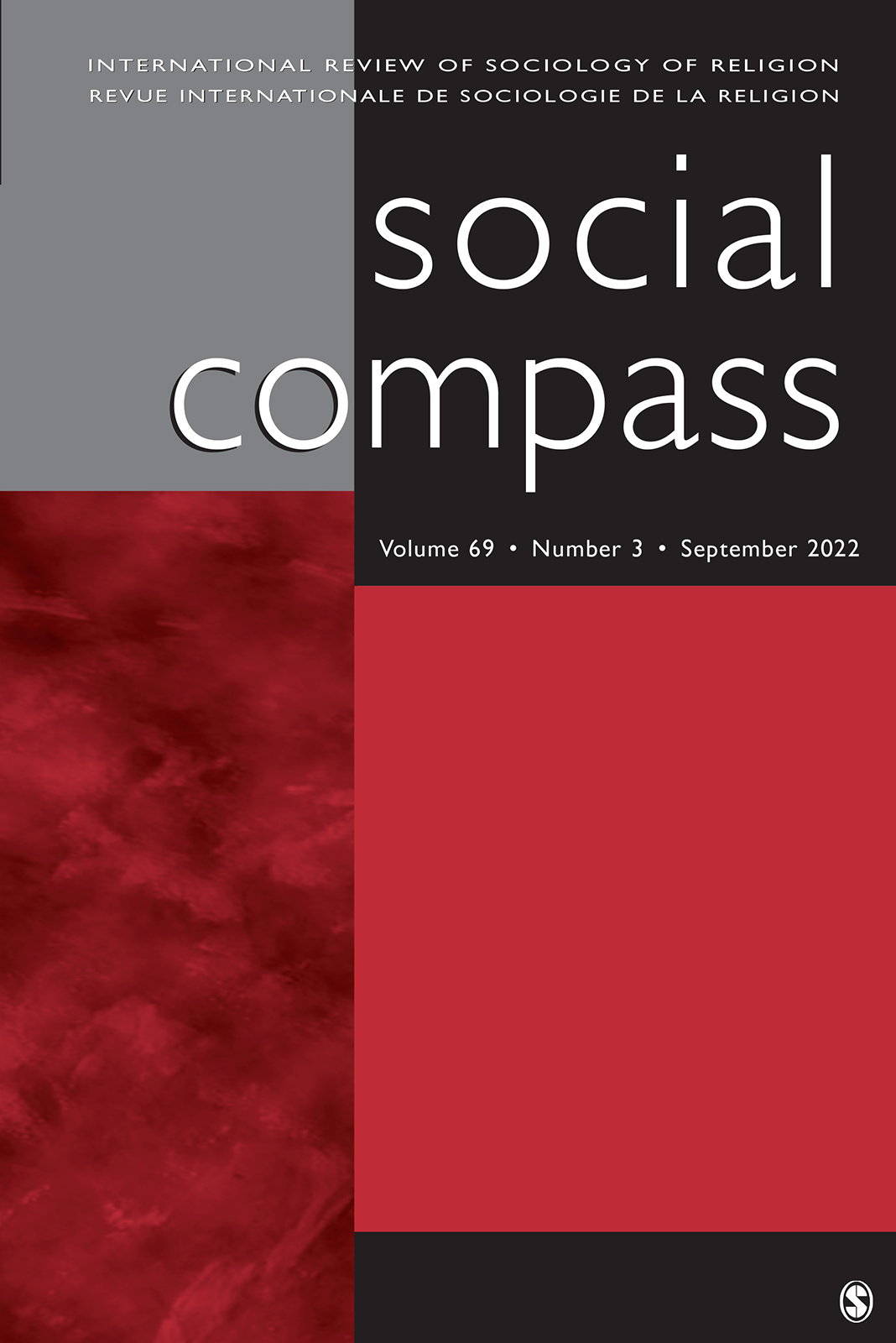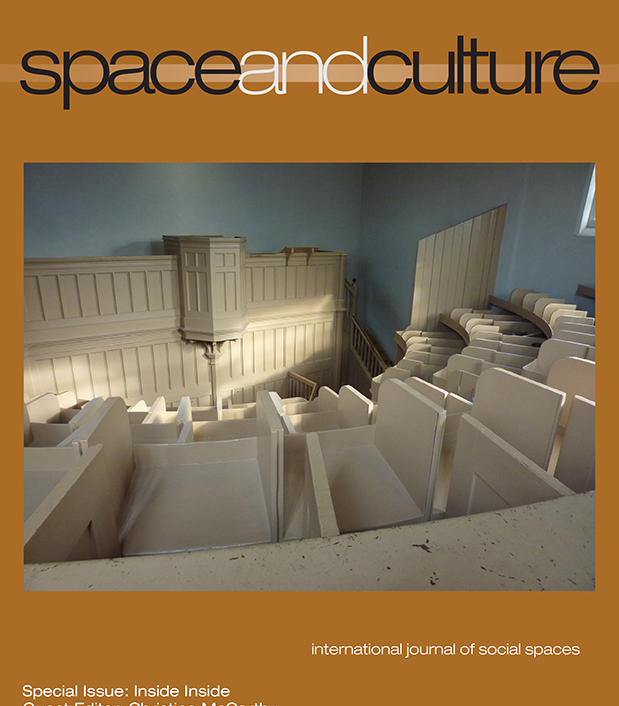
This article explores the Hindu thought of Lala Lajpat Rai (1865–1928), a prominent actor-thinker in the late nineteenth and early twentieth century, and often considered an ideological ancestor of Savarkarite Hindutva. Focussing on Rai’s thought between the 1880s and 1915, it argues that at the same time that Hindu beliefs and practices were undergoing a process of ‘religionisation’ in the late nineteenth century, in a prominent strand of thinking about Hindu identity, represented by Rai, Hindu religion was being ‘thinned down’. It was being defined less by reference to theological detail and complexity and more in broad and simple terms. Second, Hinduism also underwent a process of ‘culturalisation’. It was decoupled from faith and practice and re-formulated as secular ‘culture’. In Rai’s definition of Hindu identity, Hinduism progressively lost ground to ‘Hindu culture’, which by 1909 formed the centrepiece of his imagined ‘Hindu nation’. ‘Hindu culture’ served to include within Rai’s ‘Hindu nation’ various groups of Indians who were not followers of Hinduism, and simultaneously excluded India’s Muslims and Christians. Yet, I argue that this Hindu nationalism remained different from Savarkarite Hindutva. Through its examination of Rai’s thought, the article makes broader analytical points. One, that Hindu identity can be defined in various senses—thickly religious, thinly religious, broadly non-religious and ‘cultural’, apolitical, openly political, or implicitly political. Second, the thinning of religion can be viewed as a form of both religionisation and secularisation, and the secularisation of Hinduism via its culturalisation was co-eval with the larger process of religionisation. Third, it challenges the dichotomy drawn by Hindu nationalists and secularists alike between the process of secularisation and articulations of Hindu nationalist identity. Finally, Rai’s thought reveals that the secularisation and culturalisation of Hindu identity can culminate in a conception of ‘Hindu nationalism’ distinct from Hindutva.
Bhargav, Vanya V. “From Theology to Culture: Secularisation in Lajpat Rai’s ‘Hindu Nationalism,’ 1880s–1915.” Interdisziplinäre Zeitschrift für Südasienforschung, no. 7 (2022): 91–127.



